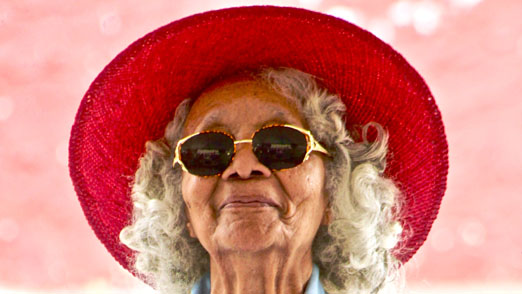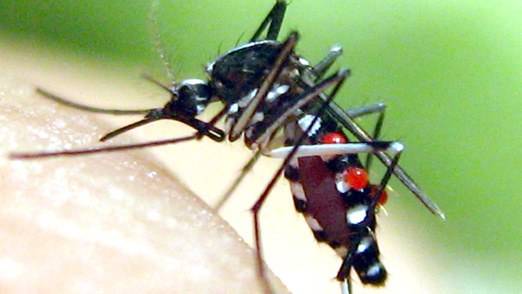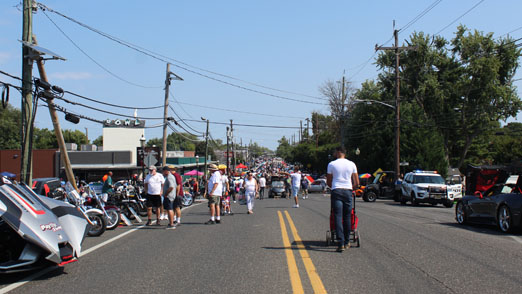As summer continues, we should be aware of how summer heat can be harmful to seniors. Excessive hot and humid weather can be extremely tough on older people.
According to the Centers for Disease Control and Prevention (CDC), during the period of 2004 to 2018, the percentage of heat-related deaths in Americans 65 years or older was the highest among all age groups. There are several reasons why. Sweating is the most important way that the body cools itself. But as people grow older, their ability to sweat decreases. Seniors also tend to not drink as much water, as they don’t get as thirsty. In addition, medications like antihistamines, heart and blood pressure medications, and certain tranquilizers can interfere with sweating. It’s important that seniors speak with their physicians to learn how the medications they take can potentially affect their ability to lower their body temperatures.
There are two major types of heat-related illnesses that seniors should be aware of: heat exhaustion and heat stroke.
Heat exhaustion occurs when a person cannot sweat enough to cool the body. This generally occurs when working or exercising in hot weather. Symptoms include fatigue, weakness, headache, dizziness, or nausea, along with cool, moist, pale, or flushed skin. Mild cases of heat exhaustion can be treated at home, but if left untreated can lead to heat stroke.
Heat stroke is when the body can’t regulate its own temperature and continues to rise, often to more than 105 degrees. Other symptoms include severe headache, dizziness, nausea, confusion, unconsciousness, along with red, hot, and dry skin. Heat stroke can occur with or without exertion in a hot environment.
To protect your health during hot weather, remember to keep cool and use common sense. The following tips can help prevent heat illness:
- Drink plenty of non-alcoholic, non-caffeinated beverages, such as water or a sports drink
- Eat light, but well balanced meals
- Wear appropriate clothing (lightweight, light colored and loose fitting) and use sunscreen
- Pace yourself
- Stay cool indoors and find air conditioned places to spend time
- Take cold showers and baths
- Schedule outdoor activities carefully – the sun shines heaviest between 10:00 a.m. and 3:00 p.m.
- Use the buddy system when spending time in the heat
Sources for this article include the CDC, the New Jersey Department of Health and Senior Services, Health.com, and CNN.com.


